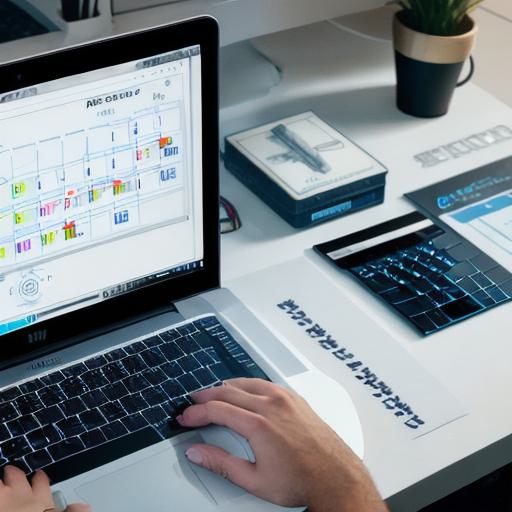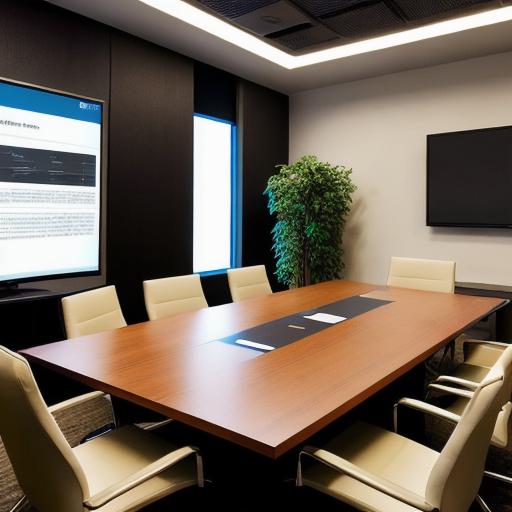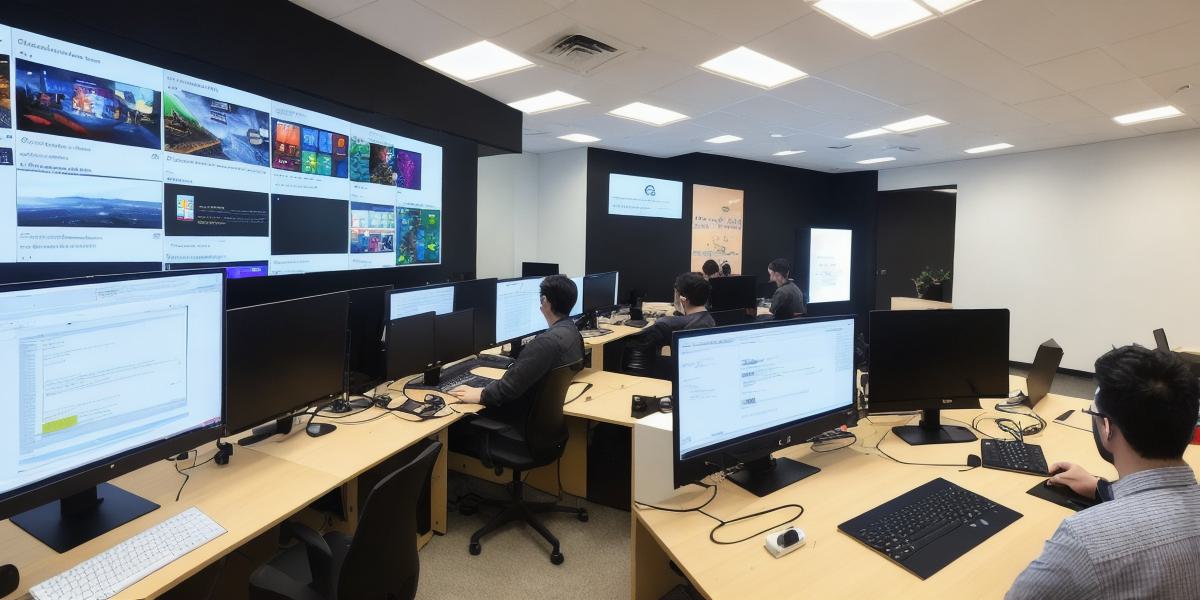When it comes to Unity game development projects, time management is crucial for successful delivery. Here’s a comprehensive guide on managing your project timeline.
Understanding Your Project

Before diving into the specifics of time limits, let’s clarify some general concepts. A Unity game development project involves designing, creating, and implementing various components such as graphics, physics, audio, user interface, and programming logic. The complexity of a project can vary greatly depending on its scope and objectives.
Establishing Realistic Deadlines
To create an achievable time limit for your Unity game development project, consider the following factors:
- Project Scope: Break down your project into smaller tasks or features. Estimate how long each task will take to complete based on its complexity.
- Team Size and Skills: Consider the size of your team and their individual skills. Each team member’s role may impact the timeline differently.
- External Factors: Unforeseen circumstances such as software updates, technical issues, or scope changes can influence your project timeline.
Effective Time Management Techniques
To ensure your Unity game development project stays on track, employ these time management techniques:
- Create a Project Schedule: Use a calendar tool like Google Calendar or Asana to plan out tasks and deadlines. Be sure to include buffer days for unexpected issues.
- Prioritize Tasks: Prioritize tasks based on their importance and complexity. This will help you focus on critical features first, ensuring a solid foundation for your game.
- Break Down Large Tasks: If a task seems too overwhelming, break it down into smaller parts. Completing these sub-tasks will give you a sense of progress and keep you motivated.
- Communicate Effectively: Regularly communicate with team members about project status, roadblocks, and deadlines. Open dialogue will help resolve issues more efficiently.
**Case Study: A Successful Unity Game Development Project**
Consider the development of a 2D platformer game using Unity. The project involves creating various levels, designing characters and enemies, implementing physics, creating audio, and programming logic.

To estimate the time limit for this project:
- Project Scope: Break down the game into smaller tasks like character design, level creation, sound effects, and programming. Each task is estimated to take approximately one week per team member.
- Team Size and Skills: The team consists of a designer, artist, programmer, and sound designer, each with their unique strengths and weaknesses.
- External Factors: Include buffer days for software updates and potential scope changes.
Based on these factors, the project is estimated to take around 12 weeks (3 months) for completion.
In conclusion, managing time effectively is essential for a successful Unity game development project. By understanding your project’s scope, utilizing effective time management techniques, and accounting for potential roadblocks, you can ensure that your team delivers a high-quality game on schedule.
